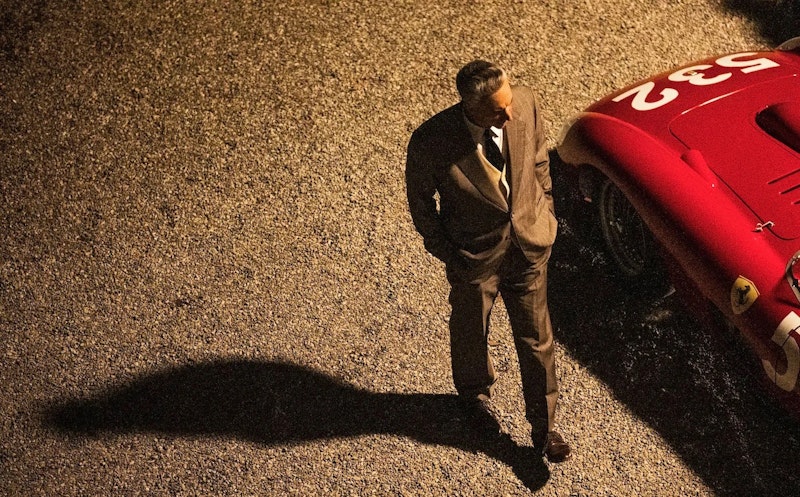Movies, at their best, aren’t about telling stories—the best films are physical, sensual, spiritual. No story is more important than how it is told. Technique and craft don’t always call attention to themselves, but they are the reason that Die Hard works and John Woo’s Silent Night doesn’t. Adam Sandler may annoy many people, but he wasn’t able to have a decade-long run as the Hollywood comedy king without a core group of collaborators. The technique of other American directors like Robert Altman, Quentin Tarantino, and Wes Anderson sits right on the surface, enticing budding filmmakers and movie fans, though with the risk of growing stale with age.
Michael Mann is among these filmmakers, a director whose best films have nothing to do with motivation, plot beats, or cheap twists and turns. His masterpiece Heat is the oldest crime story around: master thief and detective match up and eventually meet up, realizing they have just as much in common as not. The predictable people rise and fall, and nothing in the screenplay suggests what makes Heat a remarkable movie. Mann’s skill is in his casting of real professionals to play cops, EMT’s, morticians, even criminals alongside movie stars; the ultra-chic production design and sets, with all of his heroes and villains set up in opulent beachfront condos with all glass windows; and his use of saturated light and anamorphic distortion. Robert De Niro and Al Pacino are very good in the film, along with Jon Voigt, Ashley Judd, Val Kilmer, Danny Trejo, among others, but their characters aren’t particularly interesting or unique.
Heat is pure cinema, as much a museum piece as a successful Hollywood action film. Besides the famous shootout in the middle, you can take just about any frame from that movie and put it up on your wall. Ashley Judd in close-up telling Val Kilmer not to come in; De Niro and Pacino on the tarmac at the end; the humiliation of Xander Berkeley. Thieves flying too close to the sun and cops coming this close to a bullet in the head aren’t enough on their own—what are you gonna do with them?
Since switching to digital photography in the mid-2000s, Mann’s movies have looked like shit. His first film, Collateral, is nice and looks just as striking as Manhunter, Thief, and Heat. But 2006’s Miami Vice is flat and dead; ditto the bland period piece Public Enemies. Mann’s preoccupations and personal obsessions, including his long nursed desire to make a movie about Enzo Ferrari, are fine raw material, but without his expressive visual style, what’s the point? Tony Scott went the other way, becoming more and more stylized and experimental up until his untimely death; Mann’s insistent on bland lighting and horrible CGI.
Ferrari, with Adam Driver in the title role, is a wash, about even with Ridley Scott’s gray paint by numbers Napoleon. It’s domestic chaos and professional chaos, all told with a calm and a distance that never once becomes emotional or even alive; it’s true that co-star Penelope Cruz gives an extraordinary performance, but her work can be tallied in about three close-ups and a few major scenes. That first close-up of her at her son’s grave is an example of pure cinema, something only this medium can do, but it’s alone in a film of banalities. Driver proves again what a solid actor he is, a leading man closer to George C. Scott or Peter Sellers than the boy bombshell of Jacob Elordi.
“The scene” that people keep saying is so horrific in Ferrari looks like a poorly-rendered PS2 game. I wasn’t moved, and neither was the half full crowd at the Charles last Wednesday evening. By the time over a dozen people are run over in a horrible racing accident, the audience barely had a pulse. There’s a mournful quality to the yellow light of Ferrari, but for all its stillness and silence, it never came close to the transcendence of something like Cry Macho by Clint Eastwood, a superlative example of “late style” if there ever was one. Ferrari is just Mann phoning it in, and if not, Christ, he’s totally lost it.
—Follow Nicky Otis Smith on Twitter: @nickyotissmith

